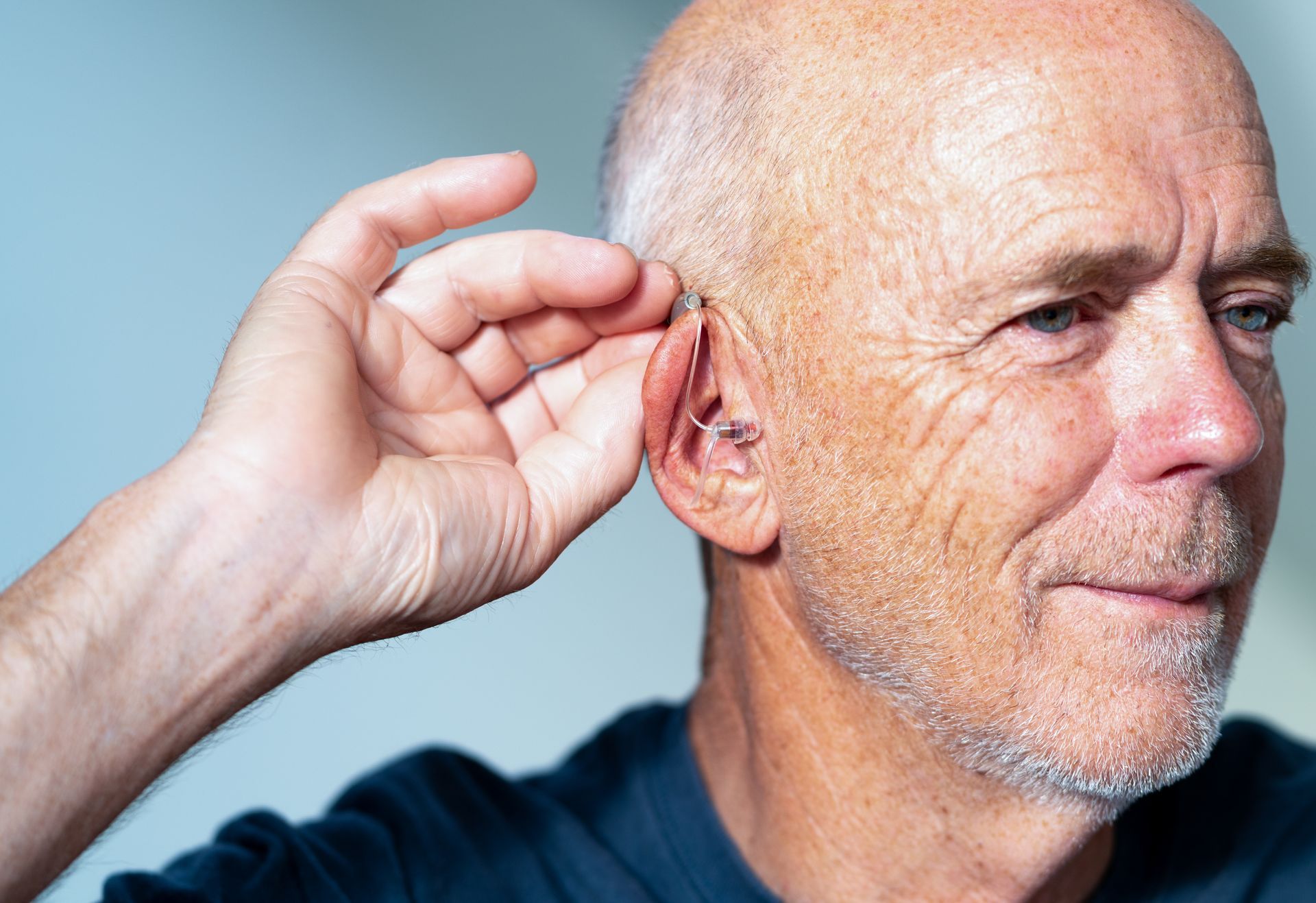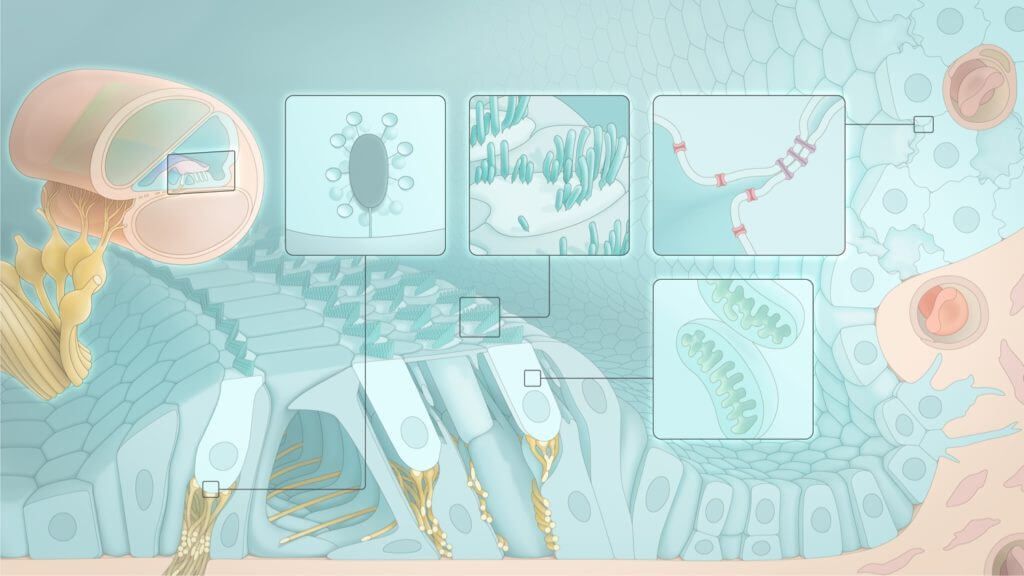Can Eating Healthy Prevent Hearing Loss?
We all know that eating a healthy diet full of fruits and vegetables is good for us. However, what you might not know is that it may also lower your risk of hearing loss.
How a Healthy Diet Benefits Your Hearing
As we age, our risk of hearing loss increases. There are numerous reasons for this, including:
- Age-related damage to the ear and nerve pathways
- Medical treatments that can damage hearing
- Exposure to loud noise
- Some illnesses and medical conditions
High blood pressure, diabetes and chronic inflammation are a handful of conditions that have been shown to increase your risk of hearing loss. You can reduce your risk of these conditions by eating a healthy diet.
Research on Diet and Hearing Loss
One study collected data from 71,000 women from 1991-2013. Participants received mail questionnaires every four years asking about their eating habits over the past year as well as if they had experienced any moderate to severe hearing problems.
After 12 years, researchers found that women who reported eating a diet high in fruits, vegetables and whole grains had a 30% lower risk of hearing loss than those who did not.
What Foods Should You Eat to Protect Your Hearing?
Next time you’re perusing the aisles at Food & Thought, make sure to pick up plenty of fruits and vegetables. Additionally, foods that are high in nutrients like potassium, zinc, magnesium, vitamin C, omega fatty acids and folic acid are other good options to benefit your ears. Examples of these foods include:
- Legumes
- Bananas
- Broccoli
- Garlic
- Spinach
- Asparagus
- Potatoes
- Artichokes
- Citrus fruits
- Bell peppers
- Fatty fish like salmon
- Dark chocolate
Other Steps to Protecting Your Hearing Health
In addition to eating a healthy diet, you can take other steps to protect your hearing health. These include:
- Avoiding loud noises or using hearing protection devices like custom earplugs when you are exposed.
- Getting regular physical activity to help keep the blood vessels in your ears healthy.
- Scheduling a hearing test at the first sign of hearing loss. The earlier you seek treatment, the better it will be for your hearing health.
- If your audiologist recommends hearing aids, wear them consistently to get the most benefit from your device.
To learn more or to have your hearing evaluated by one of our experts, call Center For Hearing today.
- Understanding Infant Hearing Loss
- The Relationship Between Exercise and Hearing Loss
- Muffled Hearing: Common Causes and Solutions



